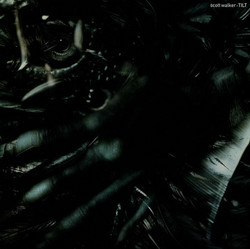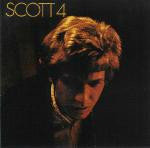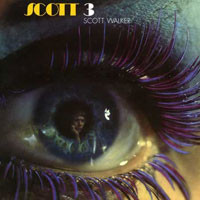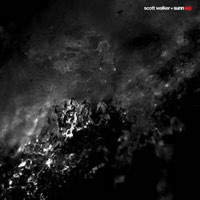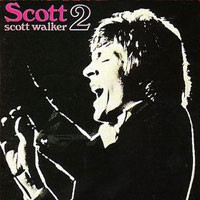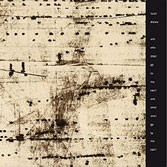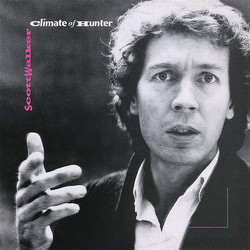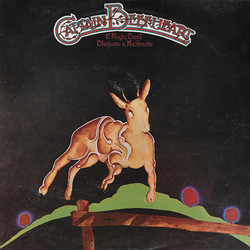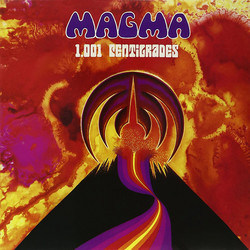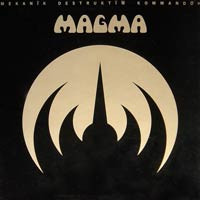**180 gram vinyls, deluxe edition** "No pop artist ever had a career remotely like Scott Walker’s. From his first flurry of intense fame as a teen pop crooner who exploded so meteorically in the UK that he was briefly more popular than the Beatles to his latter days as an experimental icon, Walker consistently ducked expectations. Disappearing for years at a time, he would suddenly re-emerge with a new leap forward in esoterica, plunging his sound ever further into darkness, with lyrics to match.
Tilt, released in 1995 after an 11-year gap from comeback album Climate of Hunter, is the fulcrum that balances Walker’s initial forays into the avant-garde from his latter days as one of the world’s most challenging artists. Its haunting arrangements and disturbing content show a man hardening with age, homing in on the elemental unease that always sat at the heart of even his poppiest work.
Farmer in the City opens the album like a death chant, with distant, brittle chimes underpinned by a rumbling drone. Against a chasm of empty space, Walker intones “Do I hear 21? 21? 21?” like a blackjack dealer in purgatory. Harking back to his orchestral pop beginnings, a string section enters, but they play only brief swells, attempting to rise above the sludge that underpins the track but sucked back into the muck. Lyrically, Walker references the brutal murder of Italian director and poet Pier Paolo Pasolini, and he maps out a dense, modernist series of allusions to the artist’s poems and some of the apocrypha surrounding the death. The track, pitched queasily between soaring beauty and brackish opacity, is the dividing line between Walker’s gorgeous, if frequently ironic, pop and his immersion into the cutting edge.
The remainder of the album only dives deeper into darkness. Bouncer See Bouncer has the jitter of flies on corpses matches with the clanking, wooden rhythm of a cart filled with bodies as Walker embodies the POV of what sounds like the lone survivor of a mass death, a figure crawling amid the bloated bodies of neighbors. “I’ve been spared,” he croons haltingly, as if he is scared to jinx it by saying it out loud.
The Cockfighter moans BDSM nightmares into a dark ambient soundscape that abruptly bursts into metallic sheets of noise underpinned by the sound of a hammer on anvil. The sexual deviancy at first sounds like a strange romance, until Walker reorients the entire perspective when he sings “Garcia, a cigarette for the prisoner,” suggesting that the acts committed within are a form of torture.
That mingling of raw sexual desire, violent fantasy and unexpected political application underpins several of the album’s tracks, which wed base impulses to warped social structures that permit them. Bolivia ‘95 rides a staggered, loose-stringed acoustic guitar riff and rattling-chain percussion to embody authoritarian punishment, as if we were dropped into a prison for dissidents, where all one can do is beg a doctor for enough opiates to blot out the pain of whatever has been done inside concrete walls. The bridge between developing world dictatorship and western colonial / capitalist / missionary expansionism is clarified by Manhattan, with its eruption of church organ and jagged guitar that turns evangelical zeal into a war chant. Walker traverses the globe in the track, but everywhere he goes we are treated to the same thing, collaborating police and the use of force to help others “hear the word of the Lord.”
This politicized immersion into dread is the defining aspect of Tilt, and it marked the moment that Walker definitively made his primary lyrical focus the legacy of brutality that humans leave, with a particular eye cast on the history of fascism. Walker had hinted at this interest earlier, on his stunning, dementedly ironic torture / romance song The Electrician on the Walker Brothers reunion LP Nite Flights, but here Walker truly comes to embody the dark soul of humanity’s actions of the 20th century. The distended, sickening arrangements, sudden bursts of noise, and general atmosphere of malaise at last wed Walker’s lyrical preoccupations with a sound devilish enough to match.
The artist would only sharpen that sense of dread and revulsion for the remainder of his career, all the way through his coruscating collaboration with drone masters Sunn O))) and even his final works, his soundtracks for Childhood of a Leader and Vox Lux, works obsessed with the manner in which fascism germinates and how postmodernism can make fame of trauma. It was here, 30 years into his career, that Walker truly “arrived,” not as a popular figure, of course, but an artist in full command of his singular vision." - Jake Cole
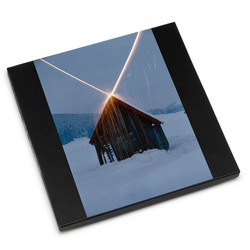

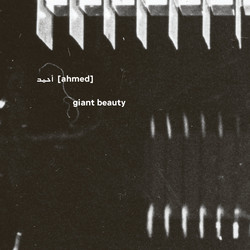
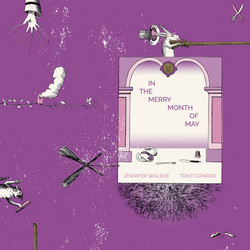
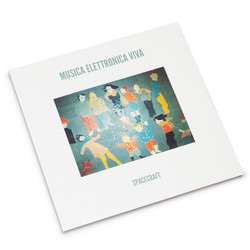
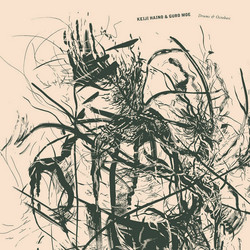
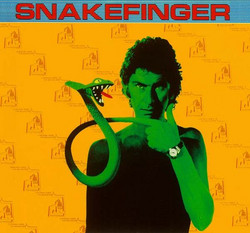
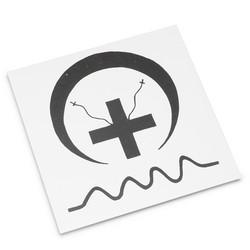


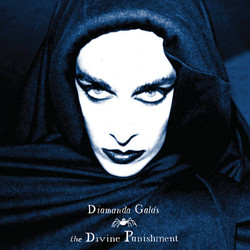
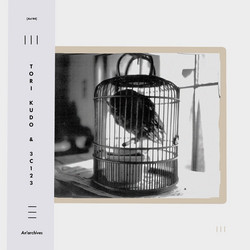
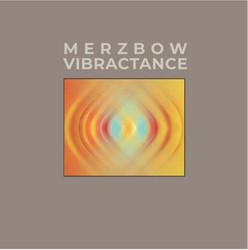
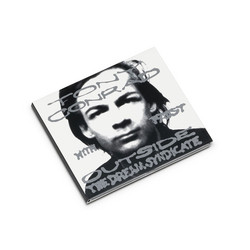



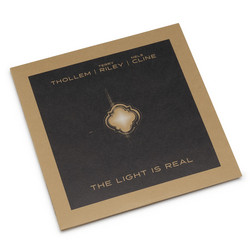
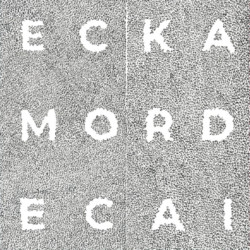
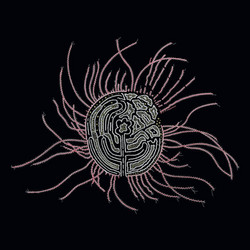

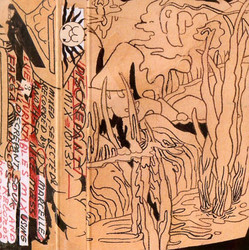

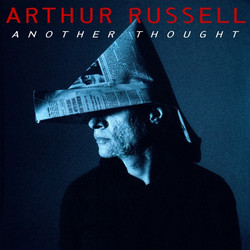

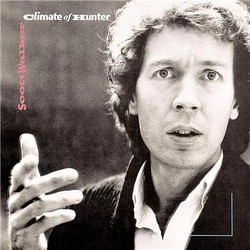
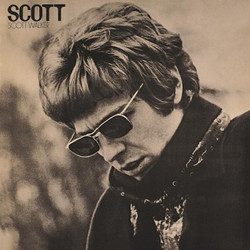
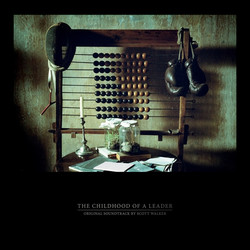
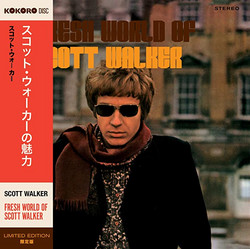
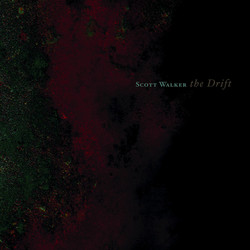
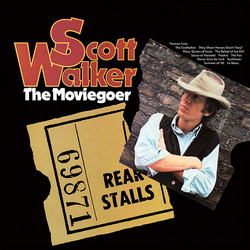
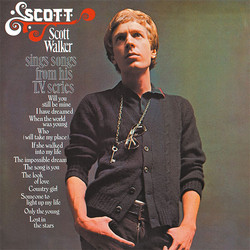
![Scott 4 [Half Speed Mastering]](https://cdn.soundohm.com/data/products/036/scott-walker-scott-4-half-speed-master.jpg.250.jpg)
